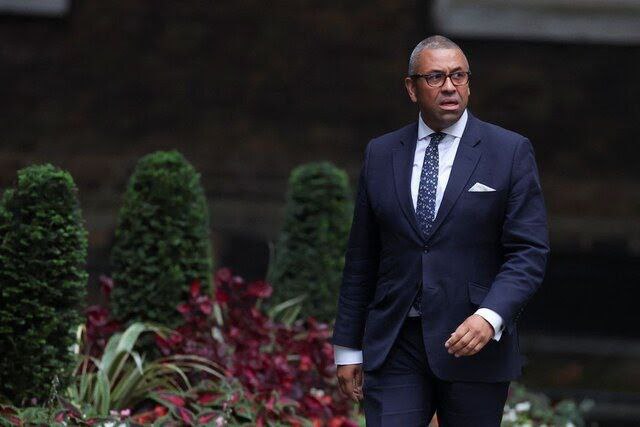UK Foreign Secretary: The world must not ignore the violence in Iran
James Cleverly, the UK Foreign Secretary, I am outraged by the news of the first execution of a protester in Iran
The world must not ignore the violence that Iran uses against its own people, and the UK opposes any form of capital punishment under any circumstances

